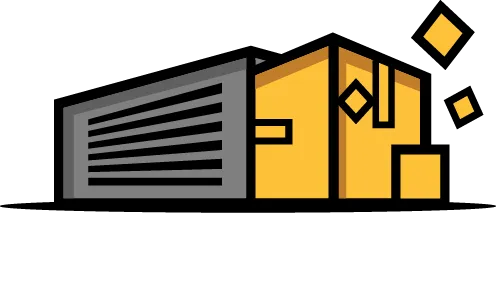Quick Jump
Introduction
For businesses that frequently ship or receive substantial quantities of goods, effectively managing the supply chain becomes paramount. Ecommerce entities and Direct-to-Consumer (DTC) brands must navigate through various facets of the fulfillment process while identifying the most economical and efficient methods to ensure their products reach their destinations. A Transportation Management System (TMS) can assist your business in managing shipping operations more effectively, thereby conserving both time and financial resources.
Defining a Transportation Management System (TMS)
A Transportation Management System (TMS), alternatively known as transport management software or a transportation management solution, is a type of logistics platform that aids ecommerce businesses in planning and optimizing the movement of their goods. Regardless of whether your goods are transported by land, sea, or air, a TMS ensures that your shipments adhere to relevant laws, are accompanied by accurate documentation, and are adequately prepared for shipping and receiving.
Who Utilizes a TMS?
A variety of businesses utilize a TMS to enhance their operations. Essentially, any businesses that need to consistently ship and receive goods utilize transportation management systems to automate and simplify their processes. Some primary roles that leverage a TMS include Operations managers, Logistics managers, Warehouse managers, Distributors, Founders, and Entrepreneurs. They may work in various types of organizations like Manufacturing companies, Ecommerce businesses, DTC brands, Retailers, Warehouses, 3PLs, and Distribution companies.
The Importance of a Transportation Management System
A TMS enables your business to manage all components of transporting inventory and/or orders within a single system. With the information provided by a TMS, you can effortlessly make decisions based on factors like carriers, quotes, and transit time. A TMS is vital because it acts as an all-encompassing platform that provides a single interface to eliminate tech redundancies, performance metrics and KPIs, streamlined customer service, and optimization of delivery time and transportation costs.
Key Uses and Advantages of a TMS
For ecommerce businesses, a TMS has some key uses that can provide substantial benefits to daily operations. Shipping is crucial to your business, and a TMS provides an advanced level of supply chain management. Some benefits of a TMS include Cost savings and planning efficiency, Greater tracking and visibility, Simplified payment and vendor management, and Simplified reporting and greater business insights.
TMS vs. WMS: What’s the Difference?
A Transportation Management System (TMS) is utilized to manage the movement of goods and freight, including both inbound and outbound materials. Conversely, a Warehouse Management System (WMS) is utilized to manage inventory and warehouse operations on-site. A TMS and WMS can function independently, integrate, or operate within an overall ERP system.
TMS vs. ERP: A Comparison
An Enterprise Resource Planning system (ERP) is a software solution that enables businesses to manage all of their day-to-day operations within the system. A Transportation Management System (TMS), on the other hand, is specifically used to manage the inbound and outbound shipment of products. The TMS is typically integrated into the ERP to help a business manage shipping as part of its overall platform.
Conclusion
Transportation Management Systems can significantly enhance how you track, monitor, and forecast costs of incoming and outgoing shipments—reducing costs and improving efficiency. Integrating with common TMS and WMS software, an all-in-one platform like Airhouse can simplify your logistics, offering a streamlined approach to managing transportation effectively.










